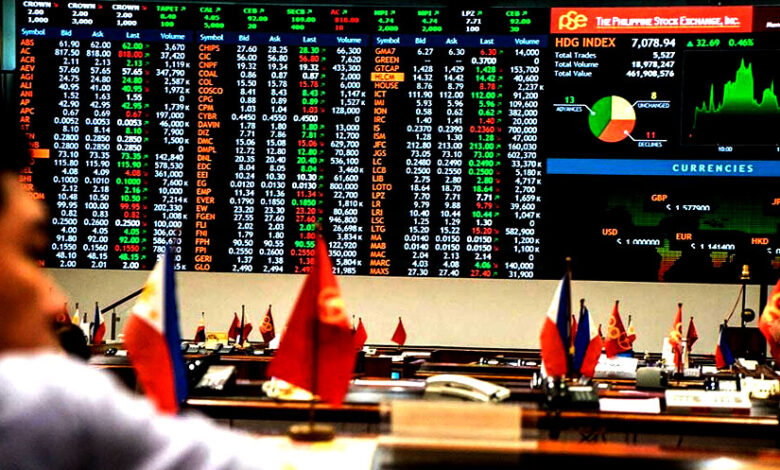Asian markets follow Wall Street’s rally, which is helped by hopes for China.

HONG KONG (AFP) – Asian markets went up on Wednesday, building on Wall Street’s strong performance and getting a boost from China’s reopening. But analysts continue to say that the war in Ukraine and rising inflation and interest rates could cause short-term changes.
In recent weeks, stocks have gotten a break from the painful sell-off caused by monetary tightening by central banks, especially by the Federal Reserve, and a rise in prices that is starting to hurt consumers, which is making people worry about a slowdown or recession in the economy.
New York traders got a boost from a drop in US Treasury yields and a rise in Chinese companies listed there, which was caused by rising hopes that Beijing will ease up on its long-running crackdown on the tech sector.
This week, a report said that the tech world was in a better mood because China was close to ending an investigation into the ride-hailing app Didi Global and putting its main apps back online.
The Wall Street Journal also reported that investigations into two other companies, Full Truck Alliance and Kanzhun, were coming to an end.
And on Tuesday, a second batch of 60 games was given the green light by the government. This was another step toward making things easier in the world’s largest mobile entertainment market.
Citi analysts said that the “announcement will also send a positive signal to the whole China internet sector that policy support is on the way.”
Alibaba went up more than 6%, Netease went up 4%, and Tencent went up more than 3%, which helped the Hang Seng Index go up more than 1%.
Also doing well were Shanghai, Tokyo, Sydney, Seoul, Wellington, Taipei, and Manila.
Beijing is easing up on its strict COVID lockdown measures, which is making it possible for the world’s second-largest economy to slowly get back to life after being shut down for months.
Stephen Innes of SPI Asset Management said, “The rise in risk sentiment is due to a more positive view of China, where the outlook is set to improve as COVID restrictions loosen and state-owned banks are forced to lend more again.”
“On the Mainland, it feels like the tide is turning, but the overall tone is still cautiously optimistic, with the emphasis on the word “cautiously.”
All eyes will be on Friday’s release of US inflation data to learn more about the Fed’s plans as it raises interest rates.
Officials are likely to raise interest rates by half a point each in June and July, and some experts say that if a strong report comes out on Friday, they could raise rates by three-quarters of a point in September.
If this happened, the dollar would rise even more against other currencies. Right now, the dollar is at its highest level against the yen in 20 years.
And people who follow the markets said that the uncertainty would continue to make the markets unstable.
“The reality for the economy and probably the stock markets is that aggressive central bank rate hikes are likely to cut sharply into household spending because of rising prices for goods and services, lower real wage gains, and much higher mortgage servicing costs,” said Innes.
“Therefore, the central bank’s goal is to cool inflation by slowing the economy and tightening financial conditions at the expense of stock market investors until price pressures ease.“
And Kate Moore of BlackRock told Bloomberg Television, “It’s getting harder to figure out where things are going over the next couple of months.”
“There doesn’t seem to be a strong belief in the direction of the market in any area of investment.” There will be a lot more investors who stay on the sidelines and don’t rush into anything. “





